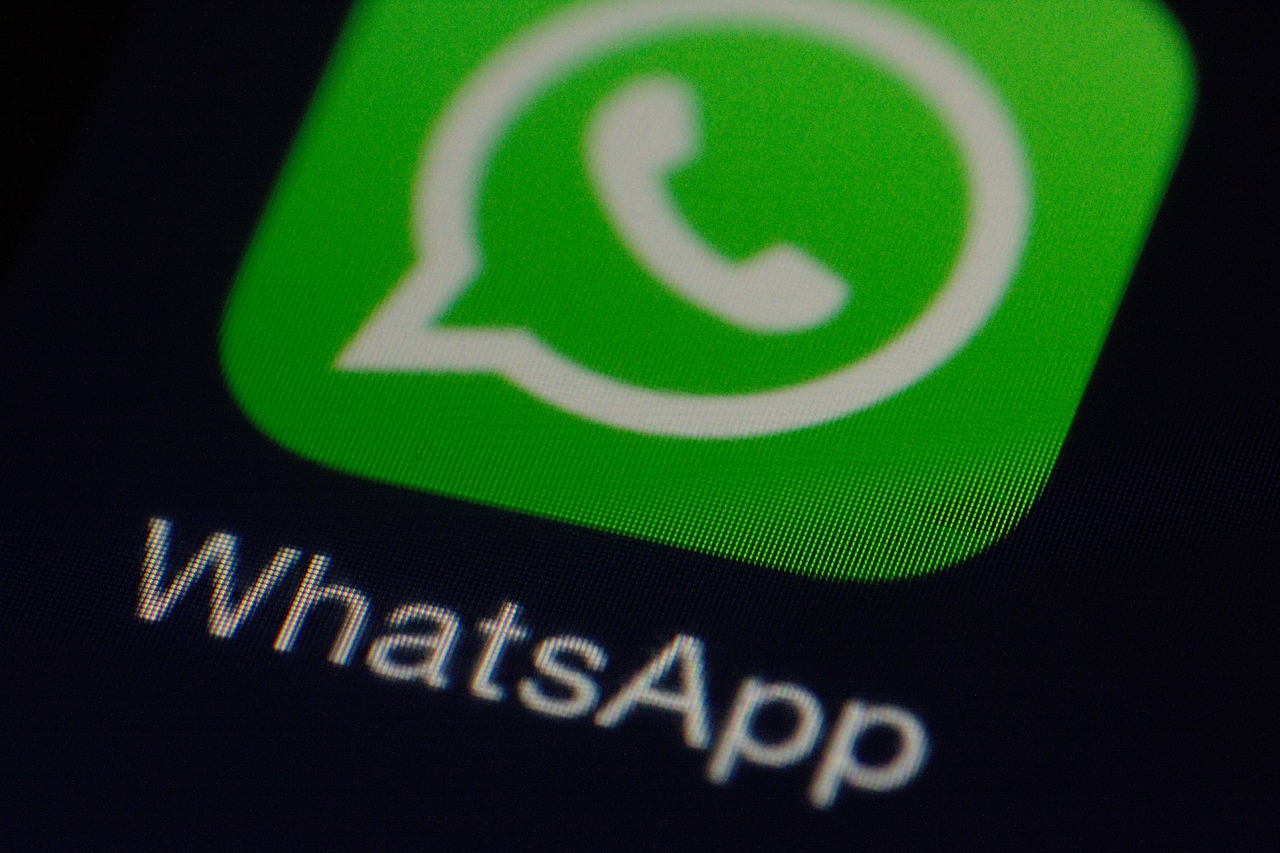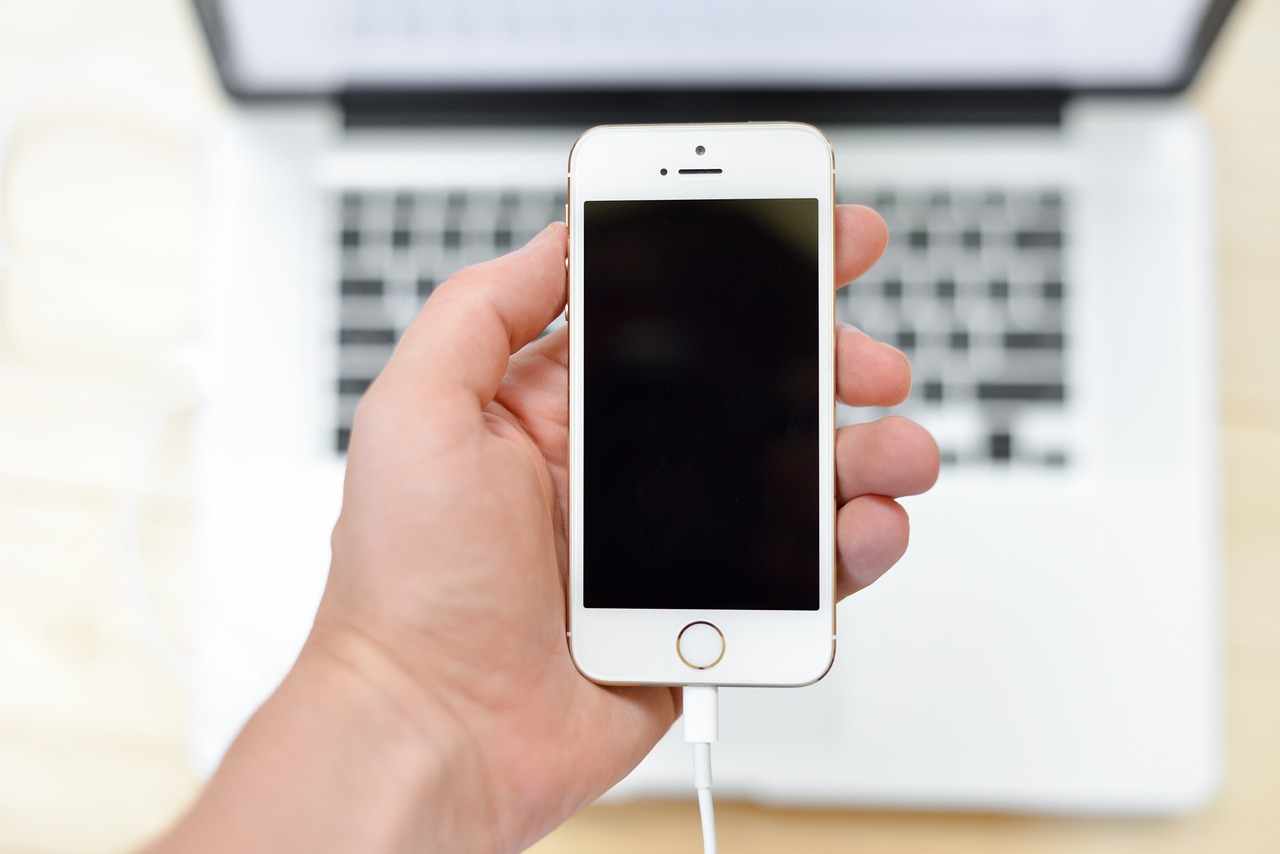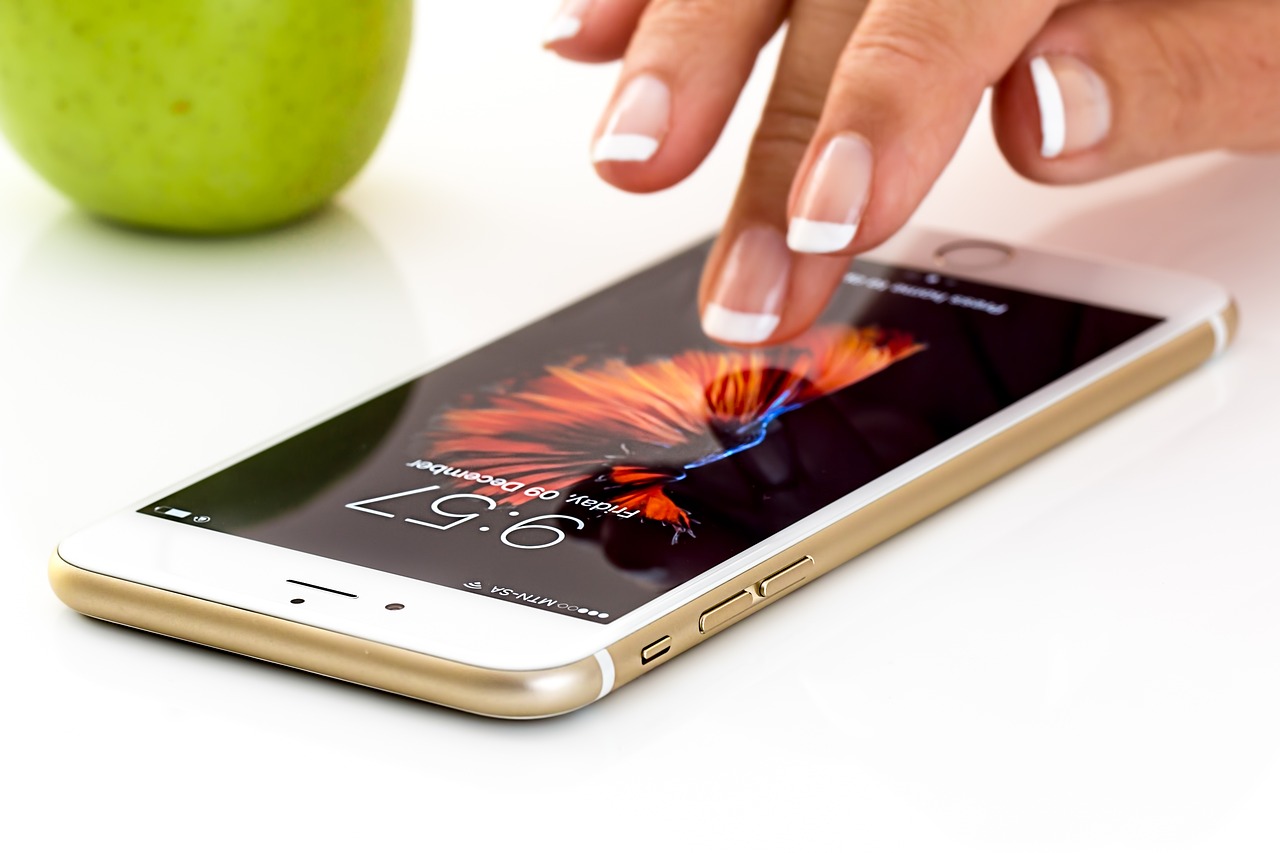Companies blocked customers' cell phones and the court ruled that the practice was abusive.
Cell phones have become increasingly essential in our lives. With each passing day, more sophisticated and complete devices are coming onto the market, as are new applications and websites, which allow us to spend even more time connected. Many say that cell phones have become extensions of ourselves, as it is almost impossible to meet someone who does not use them. In fact, cell phone use has started at an earlier age, as we see many examples of parents giving cell phones as gifts to their young children. In other words, we are increasingly connected!
In addition to being practical and functional for making calls, cell phones are getting a new addition: apps. They are becoming increasingly technological and can help us with many everyday tasks, such as making payments, transfers, shopping, resolving health issues, scheduling exams and much more, making our busy routines easier. And this is yet another reason that shows that it is almost impossible to live without a cell phone these days.
However, a practice that blocked users' cell phones was happening quite frequently in some companies and this even became a legal case. Find out all the details of this controversial subject and what the outcome of the case was!

Loans
Using assets as collateral when applying for a loan is quite common, and it is a way to get better credit and rates. Houses and cars are often used in this negotiation. However, for people who do not have these assets, their cell phone itself can be used at this time. However, it is not only the cell phone itself that becomes collateral for these companies, but also access to it and the data linked to the device.
To get the loan, you often need to be over 18, agree to the terms of membership, prove income and have a cell phone with the Android operating system.
From there, a program known as a device locker is installed on the cell phone, and in the event of default, the company can block the essential functions of the customer's device, and it is only released for make calls emergency. Therefore, it is not possible to use the internet, applications and make calls to anyone.
Decision
This situation ended up in court, and recently, the Court of Justice of the Federal District and Territories decided that this practice is prohibited and that companies cannot block the operation of the devices of defaulting customers, as the practice was harming customers, who only accepted the terms because they were in a vulnerable situation and needed the loan amounts.
The judge responsible for the case therefore determined that companies can no longer demand cell phones as collateral in contracts or block them in the event of default.
The lawsuit was filed by the Brazilian Institute for Consumer Protection, Idec, together with the Public Prosecutor's Office of the Federal District and Territories, against the companies Supersim Análise de Dados and Socinal SA - Crédito, Financiamento e Investimento. Both companies required that the program be installed on customers' cell phones when signing the contract.
The authors of the action argued that the practice is abusive and illegal, as the cell phone is an essential asset and cannot be used as collateral, and that the blocking was a form of embarrassment against consumers, exceeding the limits established by Brazilian legislation.
However, the court denied the claim for moral damages, as it understood that there was not enough evidence to prove that all of the companies' customers suffered damages. The decision was judged in the first instance and the companies can appeal.



